Identifying EBP Role in Health and Social Care: Objectives and Methods
VerifiedAdded on 2023/01/19
|27
|2246
|89
Report
AI Summary
This report provides an in-depth exploration of evidence-based practices (EBP) in healthcare and social care. The introduction establishes EBP as a lifelong learning process crucial for improving patient care through effective communication. The report emphasizes the importance of EBP in providing the best available care, promoting inquiry among health professionals, and ensuring efficient use of resources. It outlines the EBP process, including asking questions, searching for evidence, critically appraising findings, implementing practices, and evaluating outcomes. A literature review examines the role of communication in healthcare, highlighting its significance in understanding patients and addressing communication barriers. The report includes a research proposal focusing on understanding consumers through EBP, and discusses the benefits of EBP in research, the impact of literature review on health services, and the implications of personal research on learning and practice. The conclusion reinforces the value of EBP in healthcare, emphasizing the need for continuous improvement and high-quality service delivery.
1 out of 27
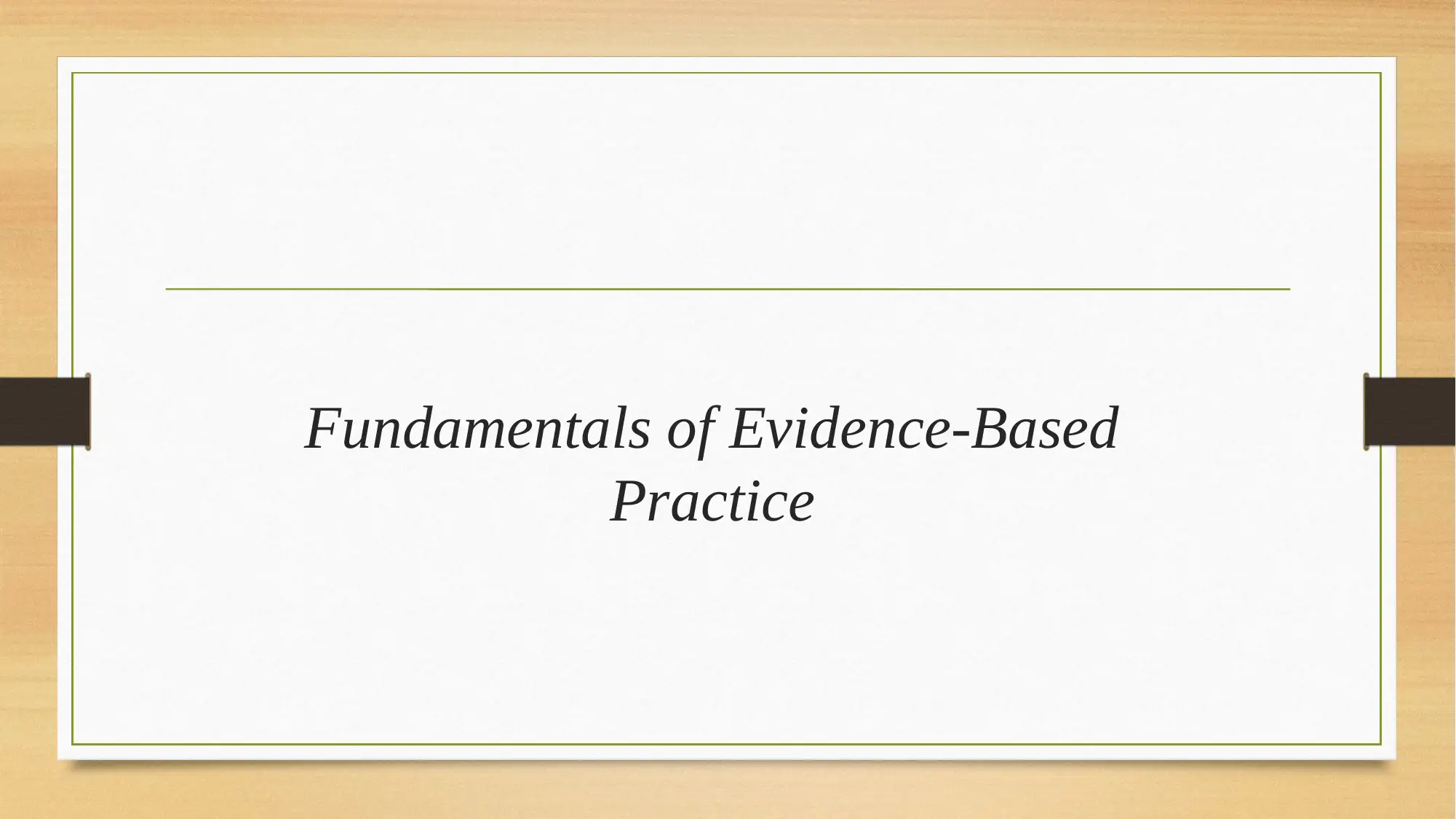
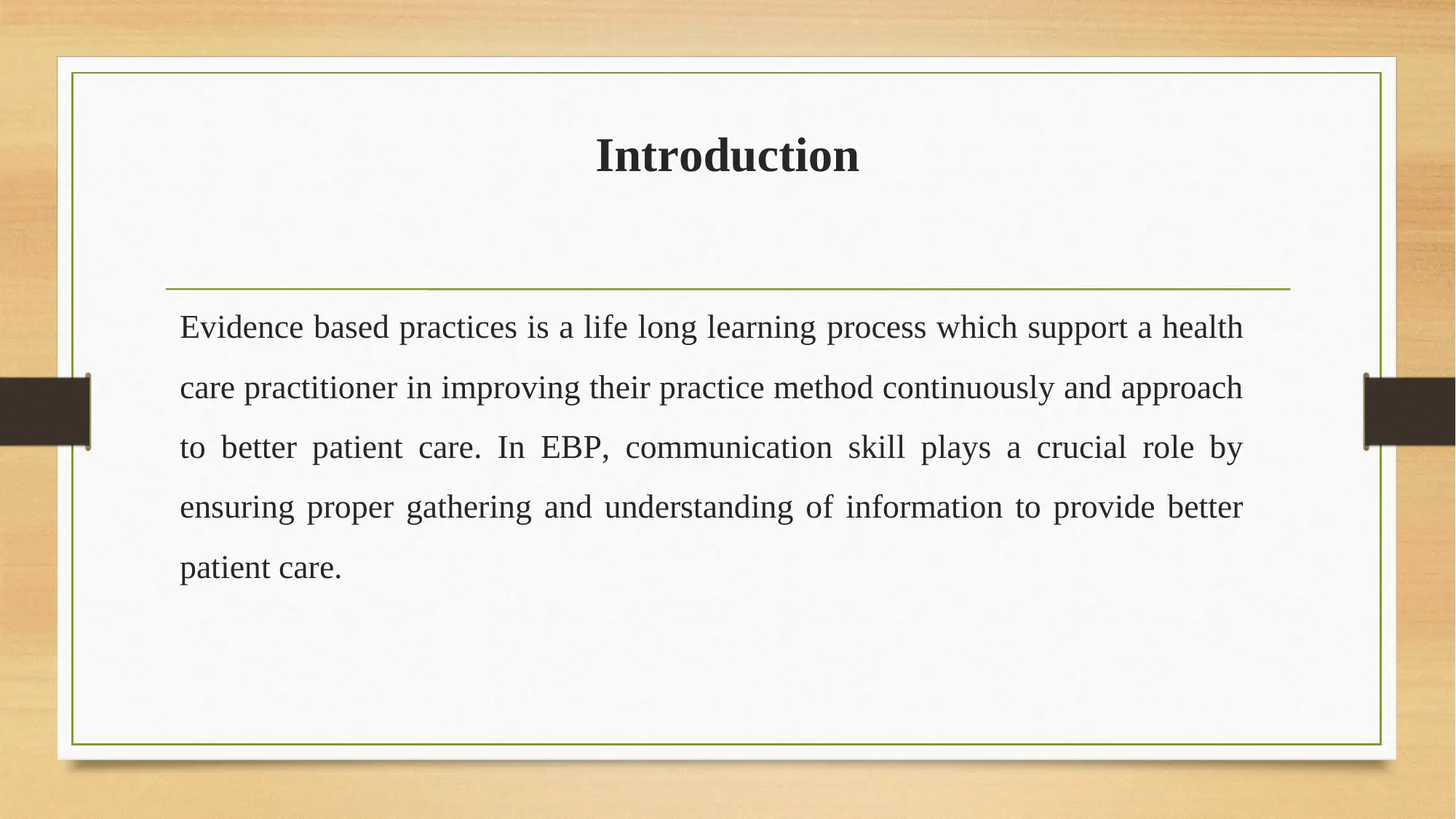
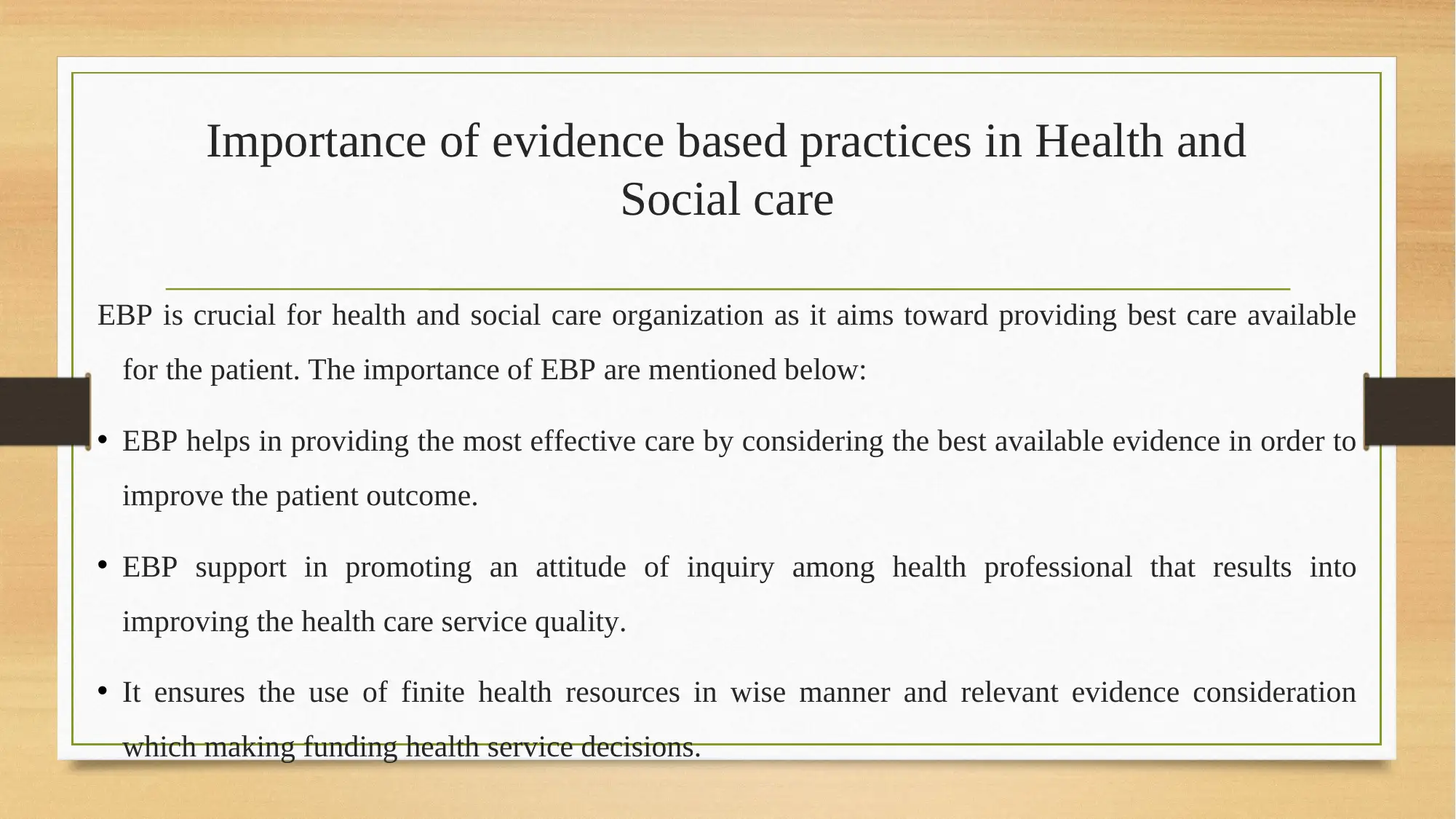

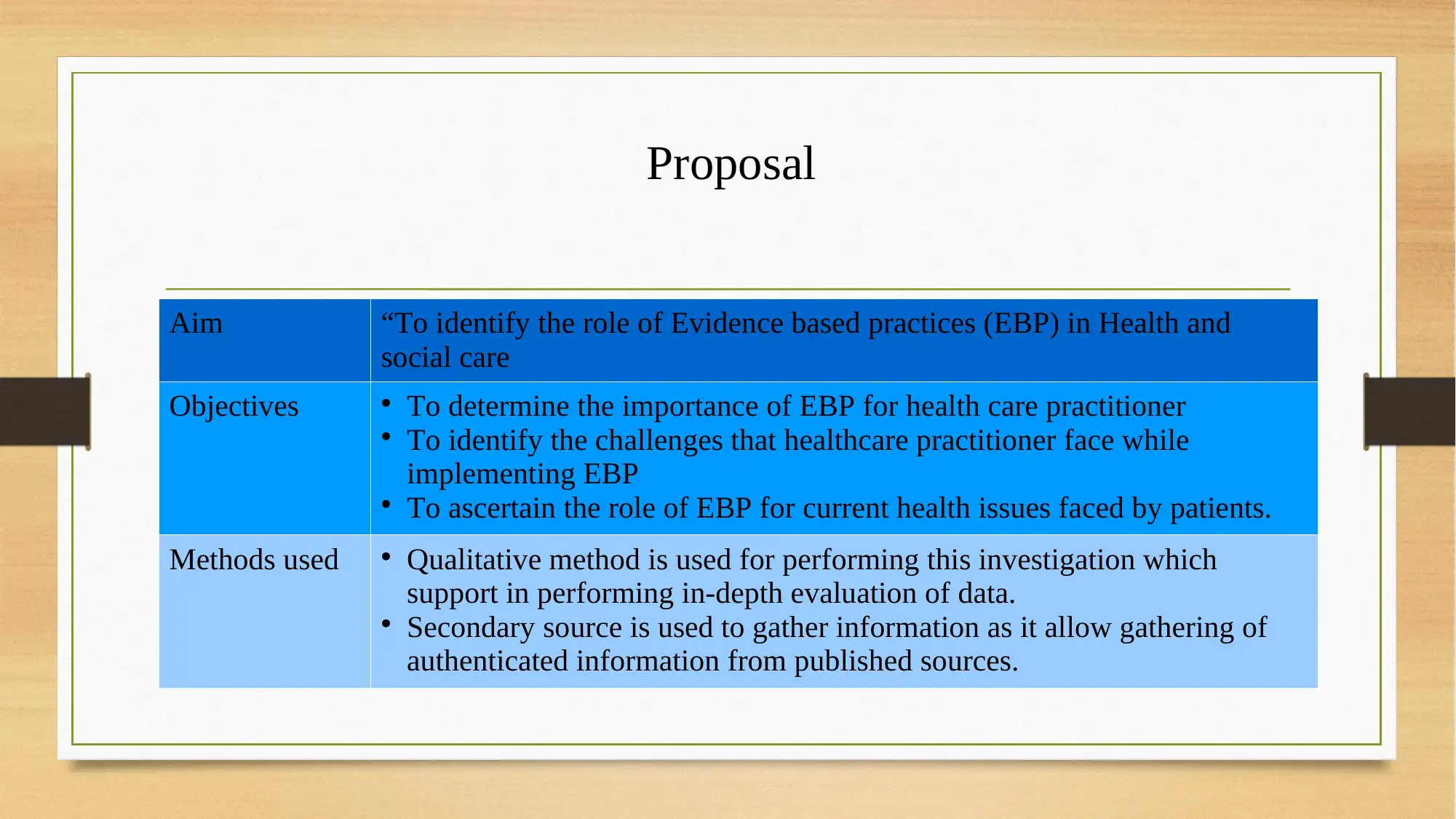
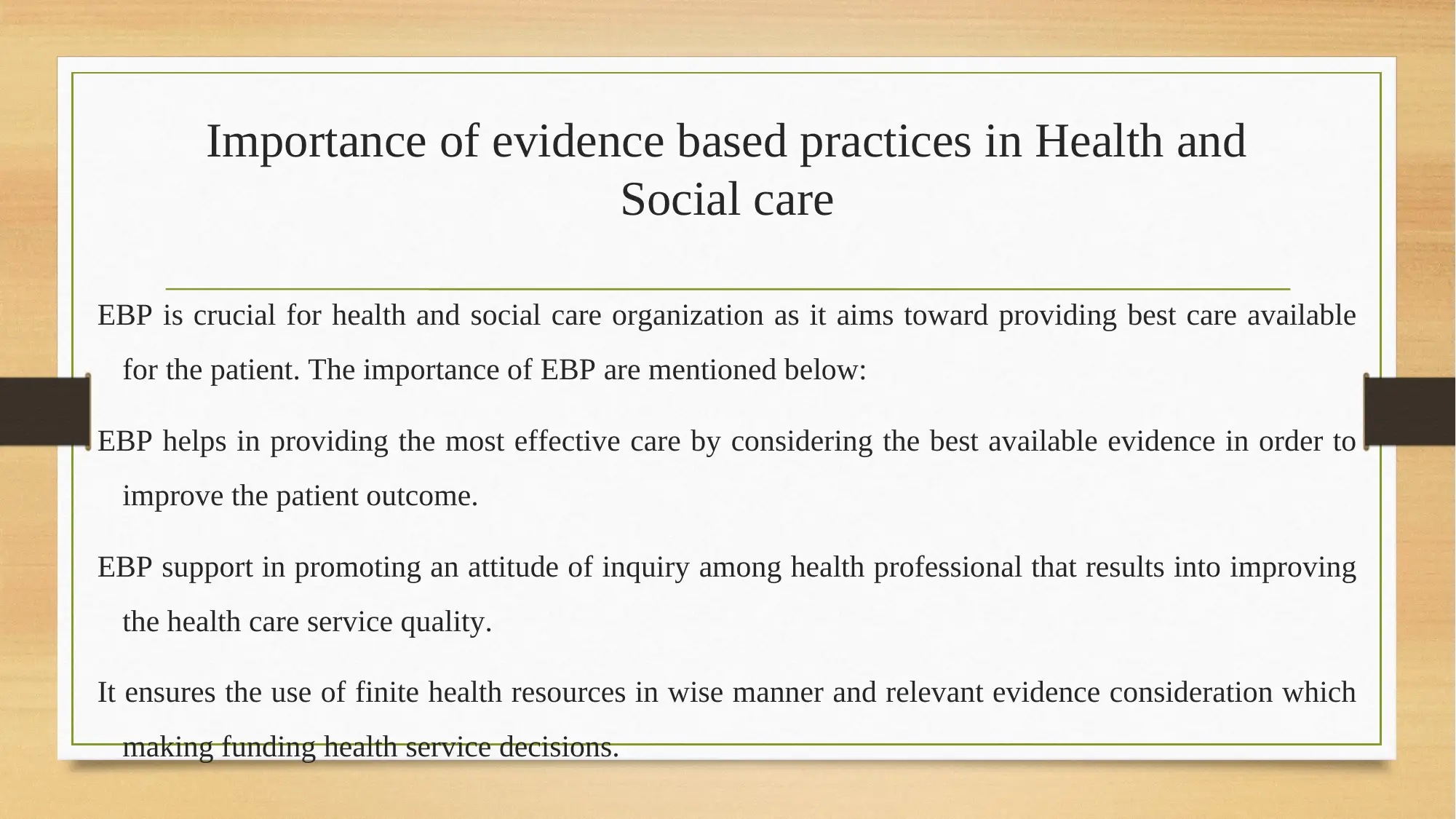
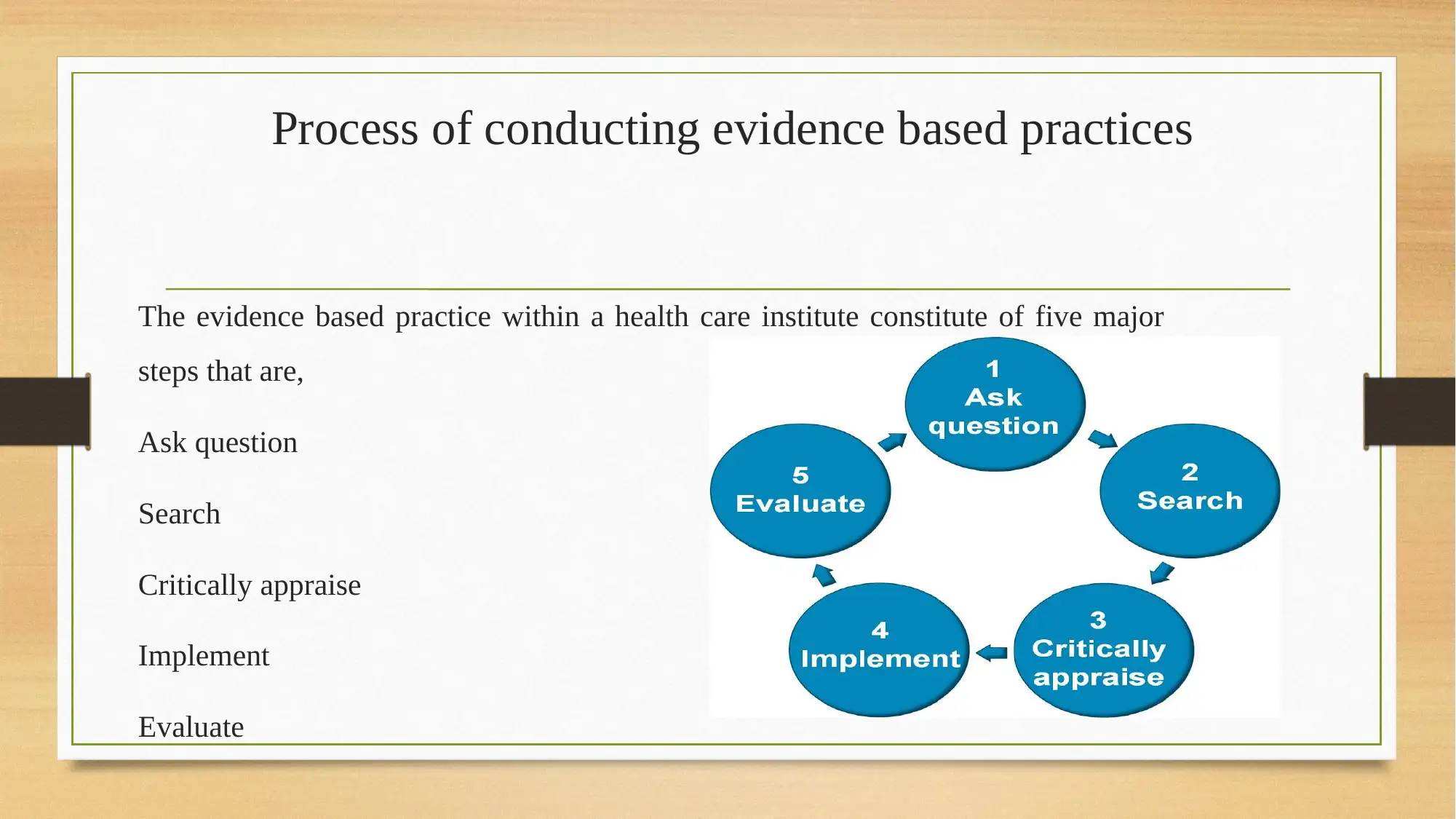
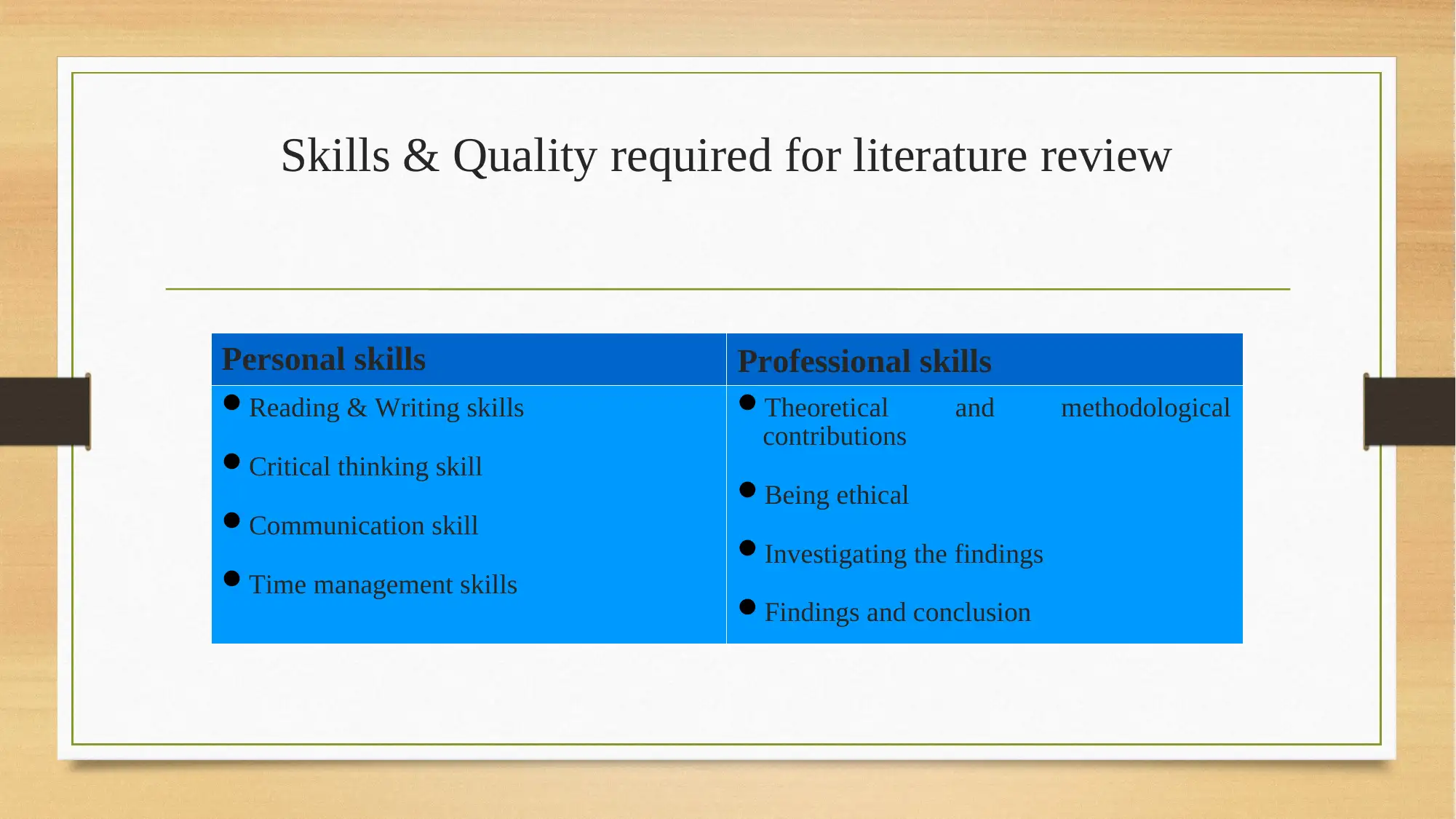
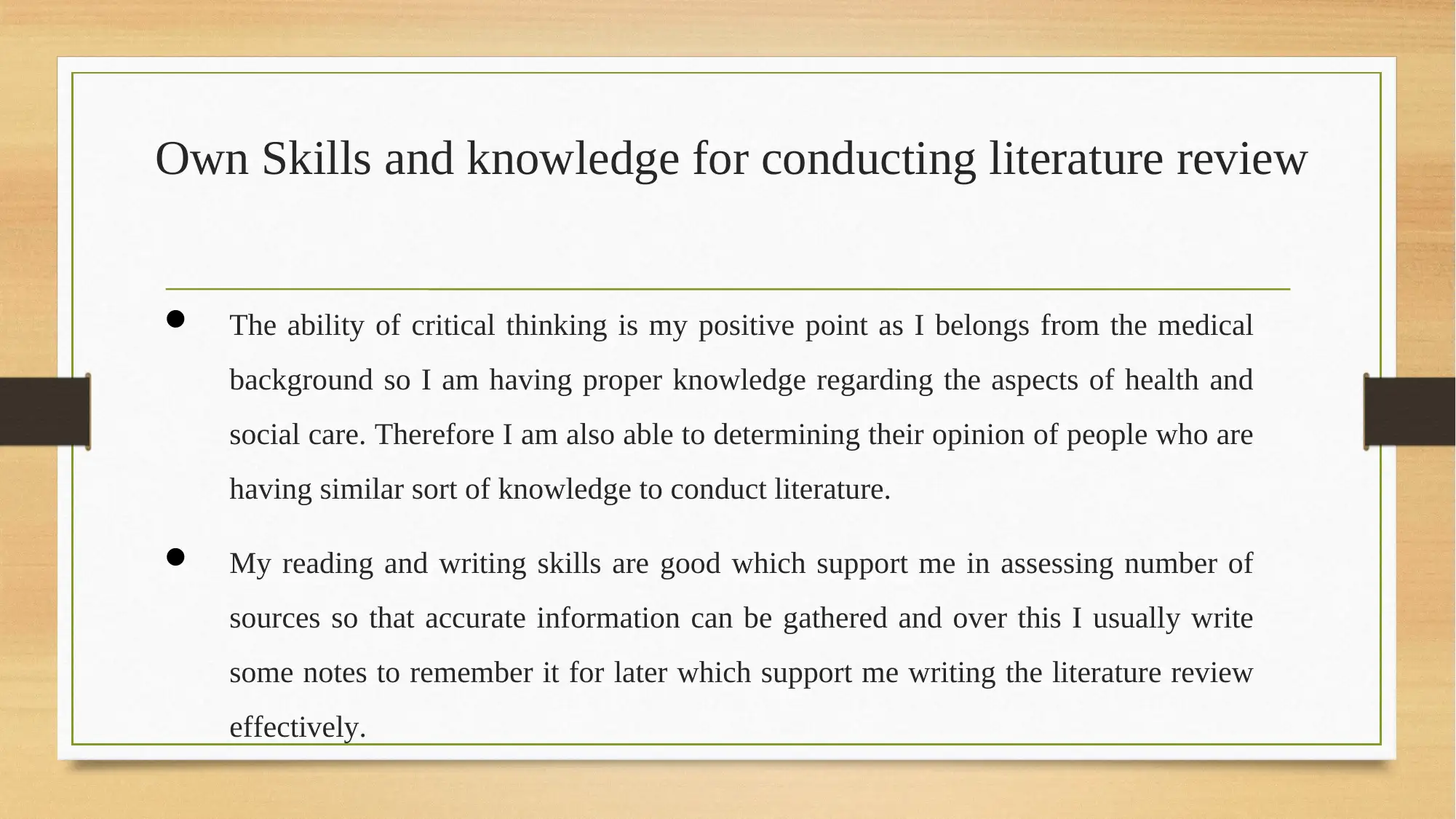
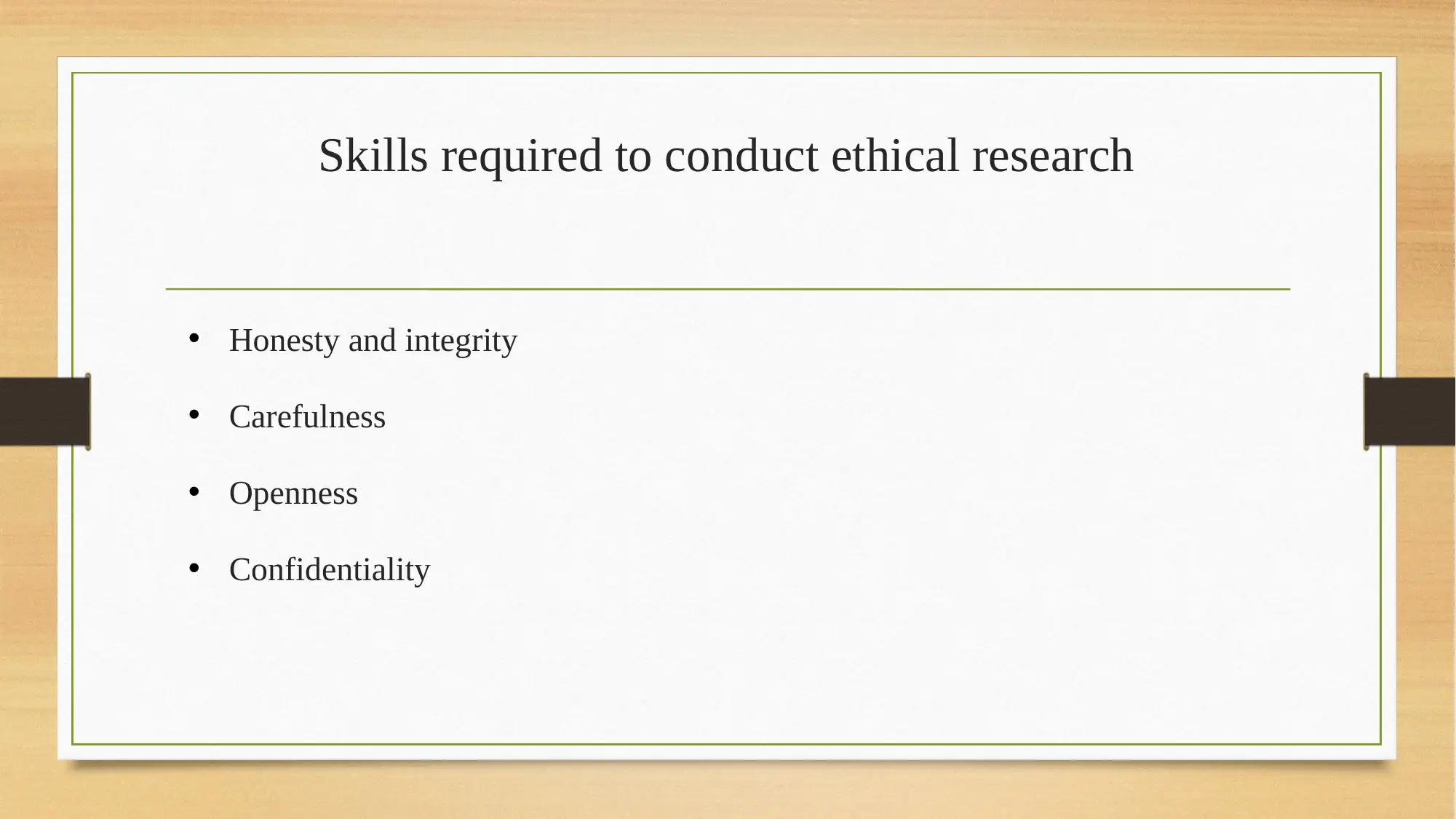
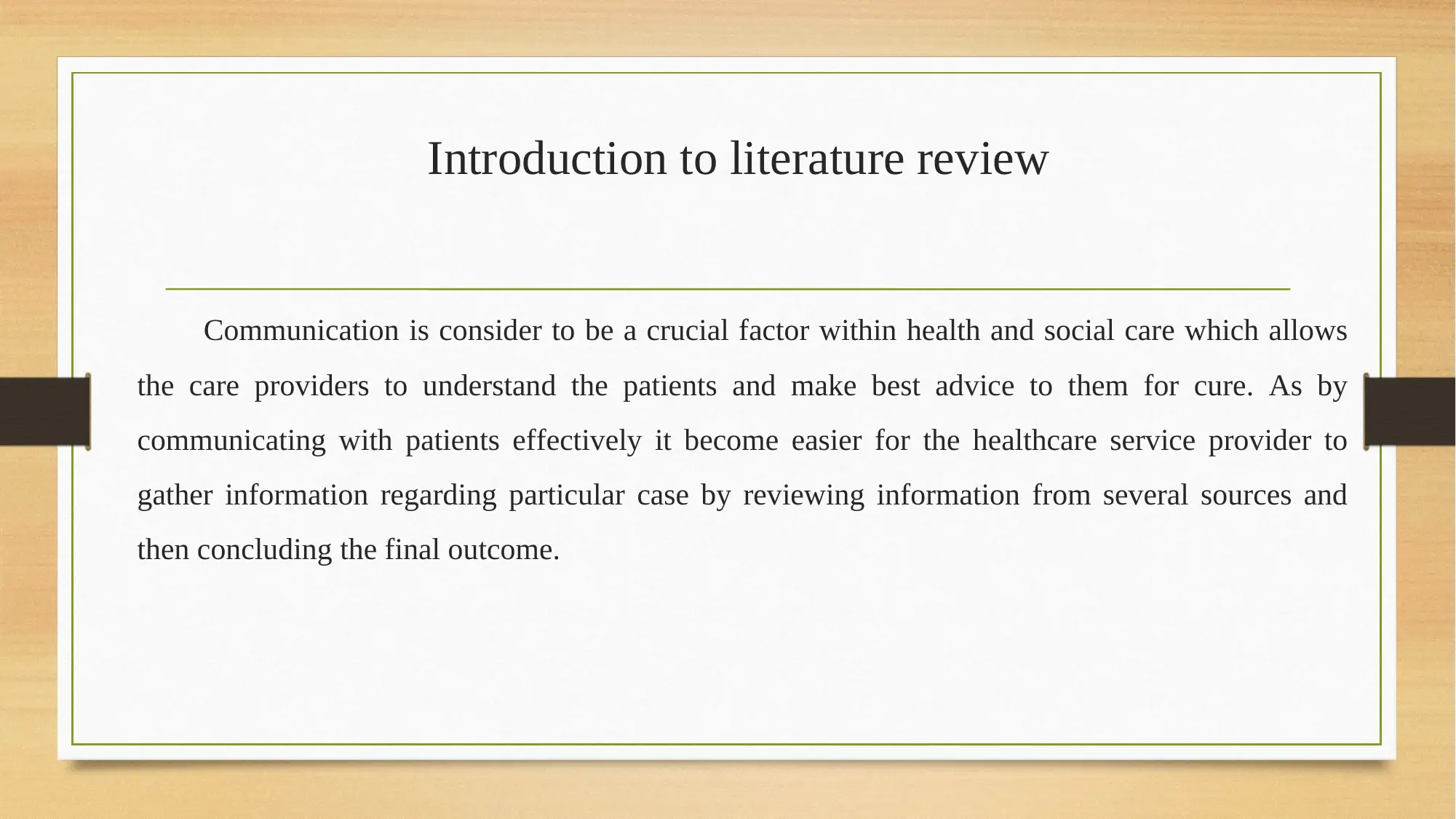
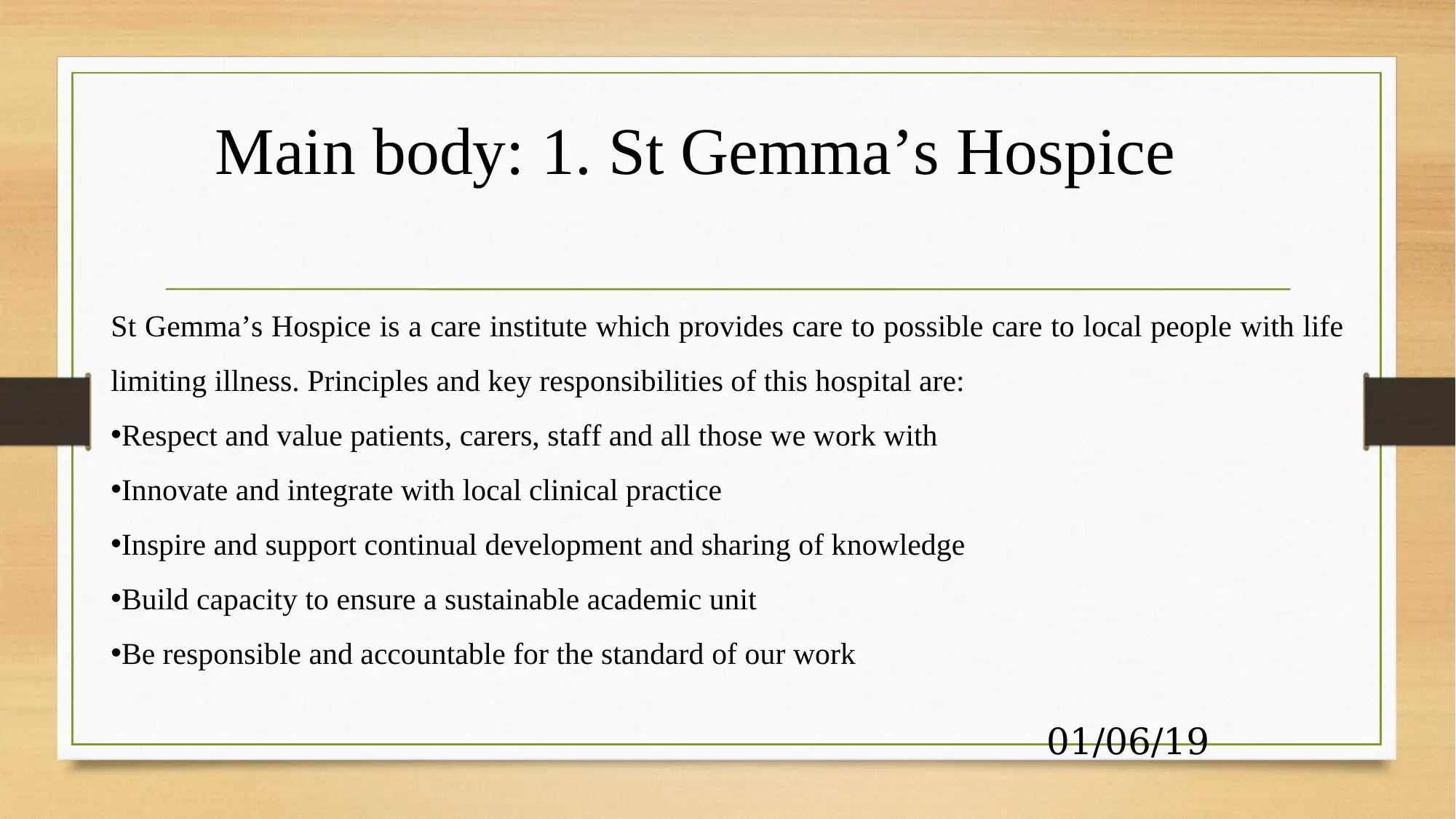
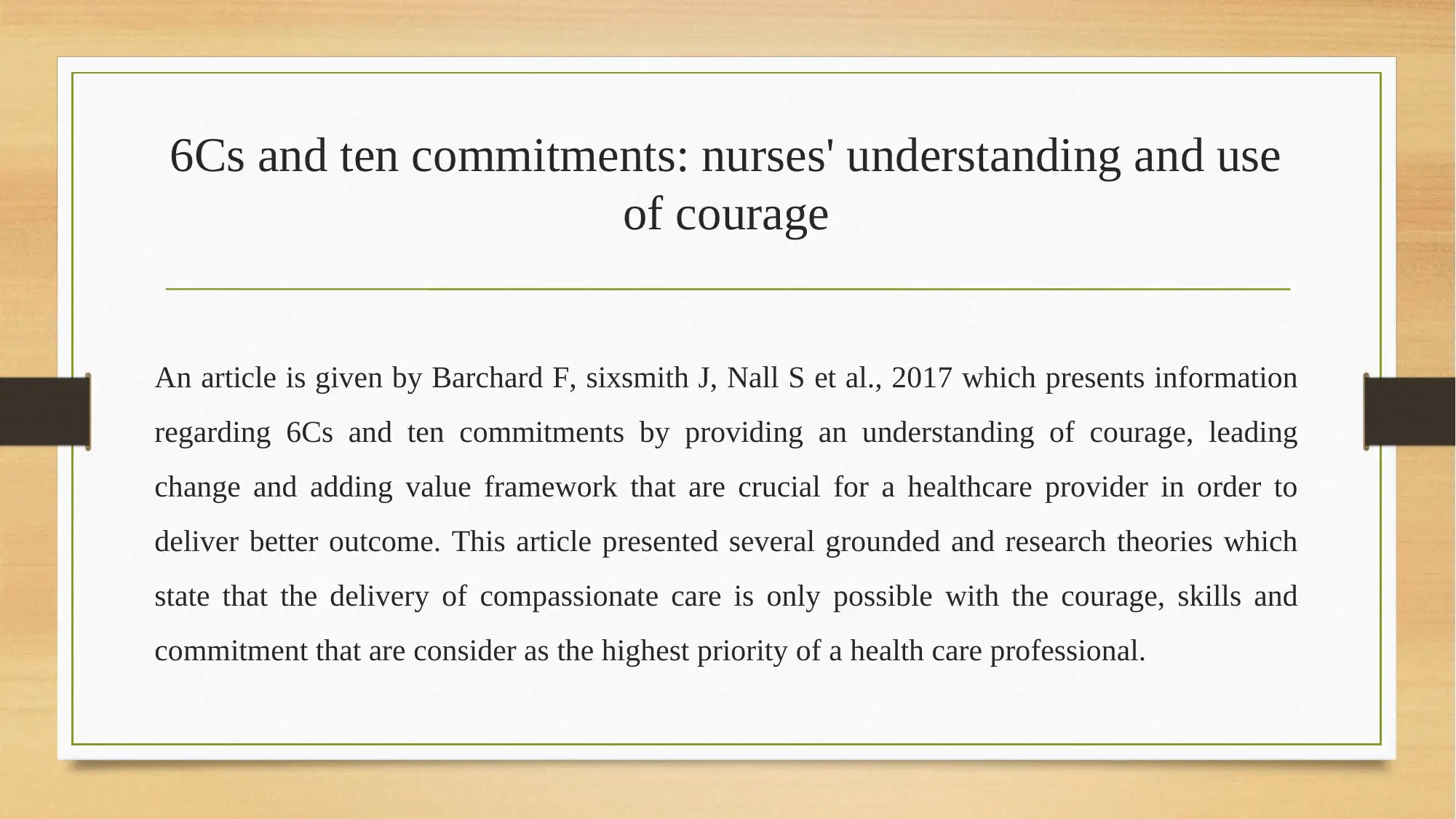




![[object Object]](/_next/static/media/star-bottom.7253800d.svg)